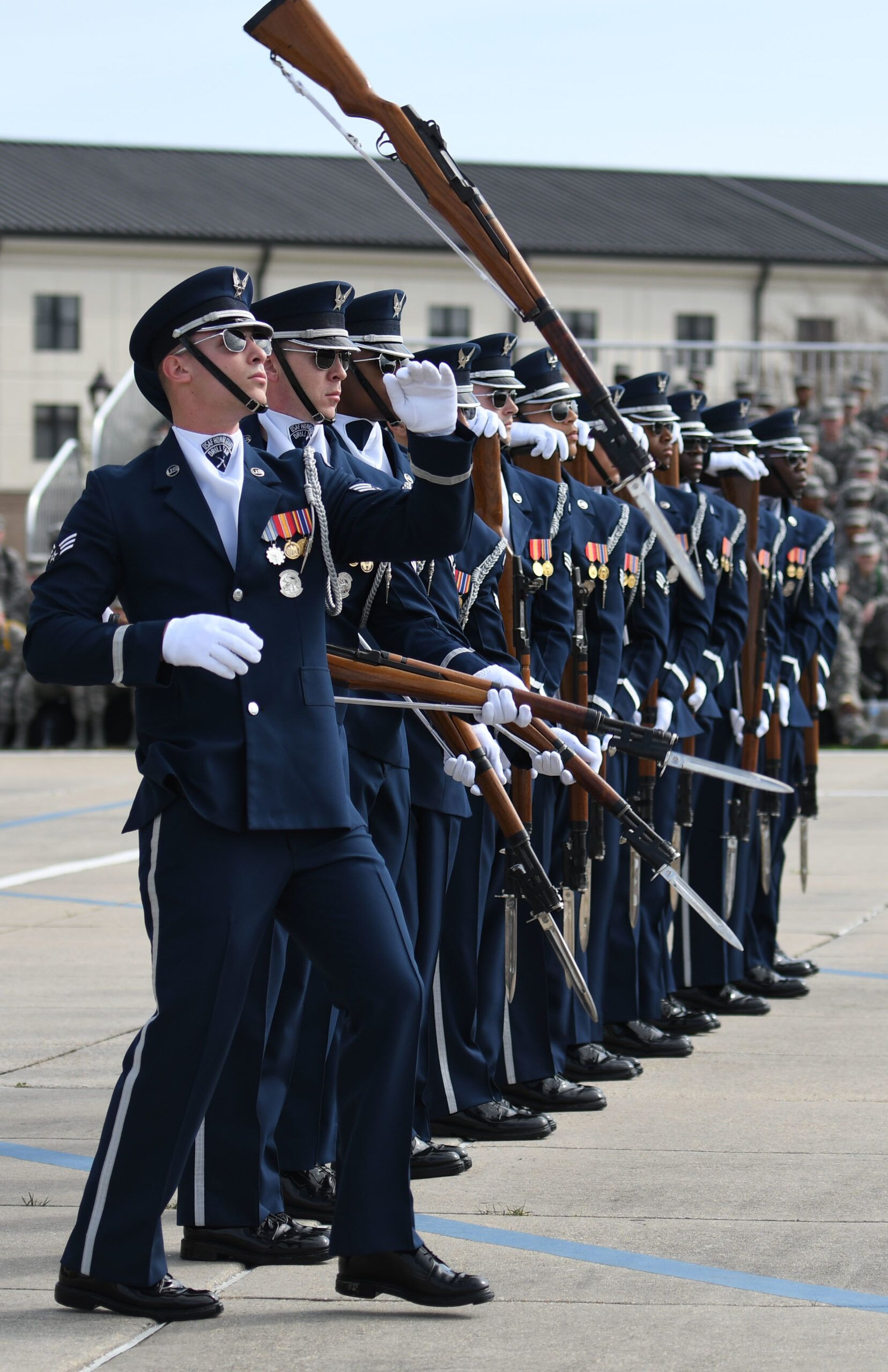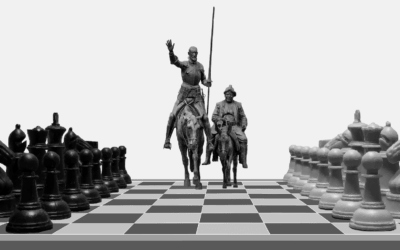EPISODE 130
The power of professionalism

What is a professional? The dictionary says, at its simplest, that it’s someone paid to perform a task, as opposed to an amateur. But there’s more to it than a paycheck. In this episode, Jim and Mike examine the characteristics of what we know as professionalism, and how they apply in the world of the tactical…well, professions. Professionals don’t choke when the chips are down.
There’s a high expectation of professionalism in the military and law enforcement worlds, but what does that mean? It’s easy to mistake the basics of bearing and rule-following as learned in early training for professionalism, but Mike and Jim point out that the professional is trusted to understand the situation well enough to take ownership of it, and the competence and expertise to make the hard decisions.
Like what we’re doing? Head over to Patreon and give us a buck for each new episode. You can also make a one-time contribution at GoFundMe.
Intro music credit Bensound.com
CLICK BELOW TO SUBSCRIBE NOW ON YOUR FAVORITE PLAYER
THANK YOU TO OUR SPONSORS! PLEASE GO CHECK THEM OUT
Recent Episodes
It’s Chess AND Checkers–Tactics and Strategy Unite!
Why do we focus so much on tactics and so little on strategy? In this episode, Mike and Jim tackle the divide between street-level action and big-picture thinking. Drawing on lessons from policing, the military, and community crime prevention, they explore how individual cops, community members, and leaders can influence criminal decision-making—not just react to it.
Topics include resource constraints, the Broken Windows theory, and strategies for shifting offender perceptions to prevent crime before it occurs.
Hazing vs. Hardening: Building Strong Teams Without Breaking People
Hazing, or just holding the new guy to a high standard? That line matters—and we’re walking it in this episode. Mike and Jim break down where real team-building ends and toxic tradition begins. We’re talking SWAT school, academy culture, leadership, and how to onboard new teammates without wrecking morale. This one’s about building teams that are tough, smart, and built to last.













